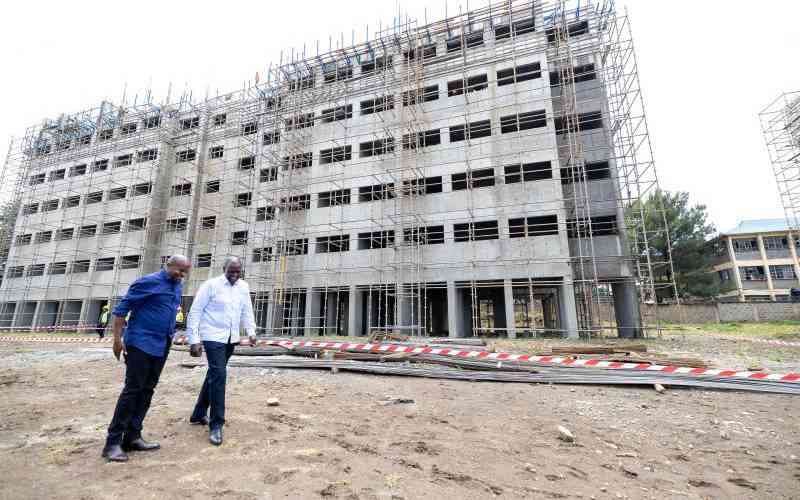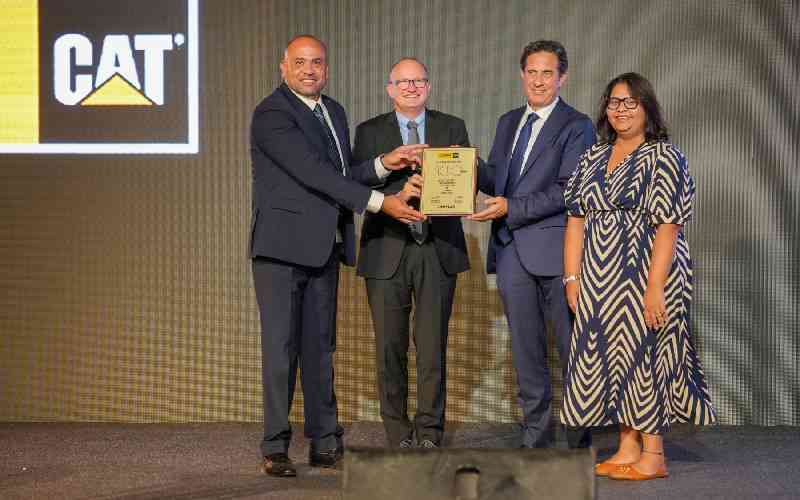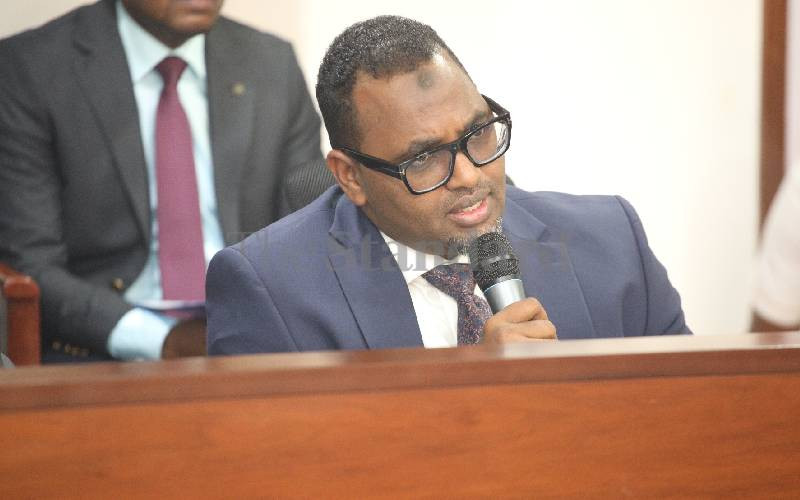
The Jua Kali sector is more than welding sparks, sawdust, and grease-stained overalls—it’s Kenya’s economic lifeblood, pulsing with ingenuity, grit and enterprise. Employing over 80 per cent of the workforce, it should be the backbone of national growth.
Yet, despite its power to drive industrialisation and widen the tax net, it remains the underdog—underfunded, undervalued, and entangled in systemic hurdles. Will Kenya finally harness its full potential, or will this economic powerhouse remain in the shadows? For years, policymakers have danced around the informal sector, offering lip service but little in the way of transformative action. If Kenya wants to scale up its economic fortunes, three bold interventions must happen.






